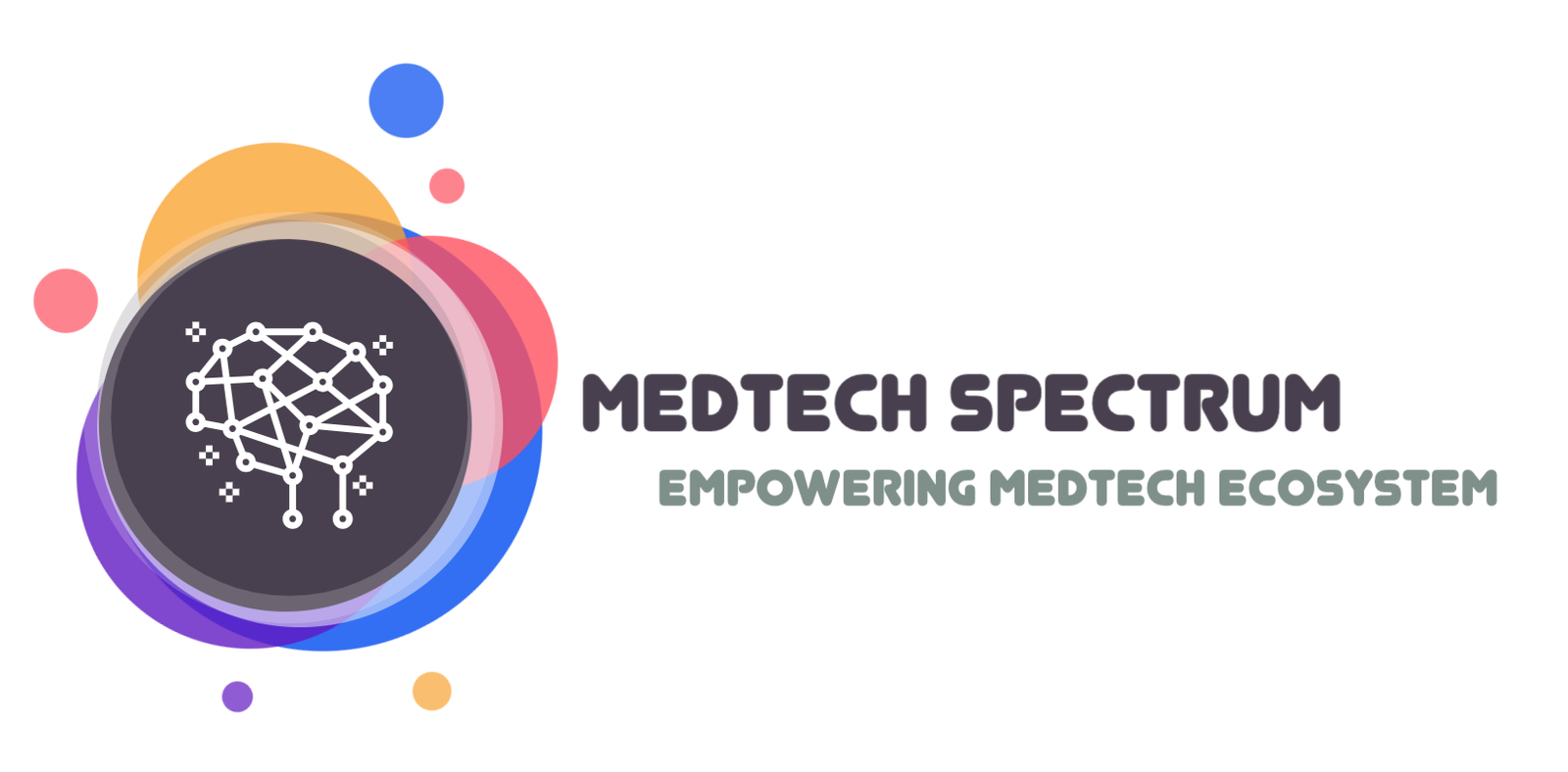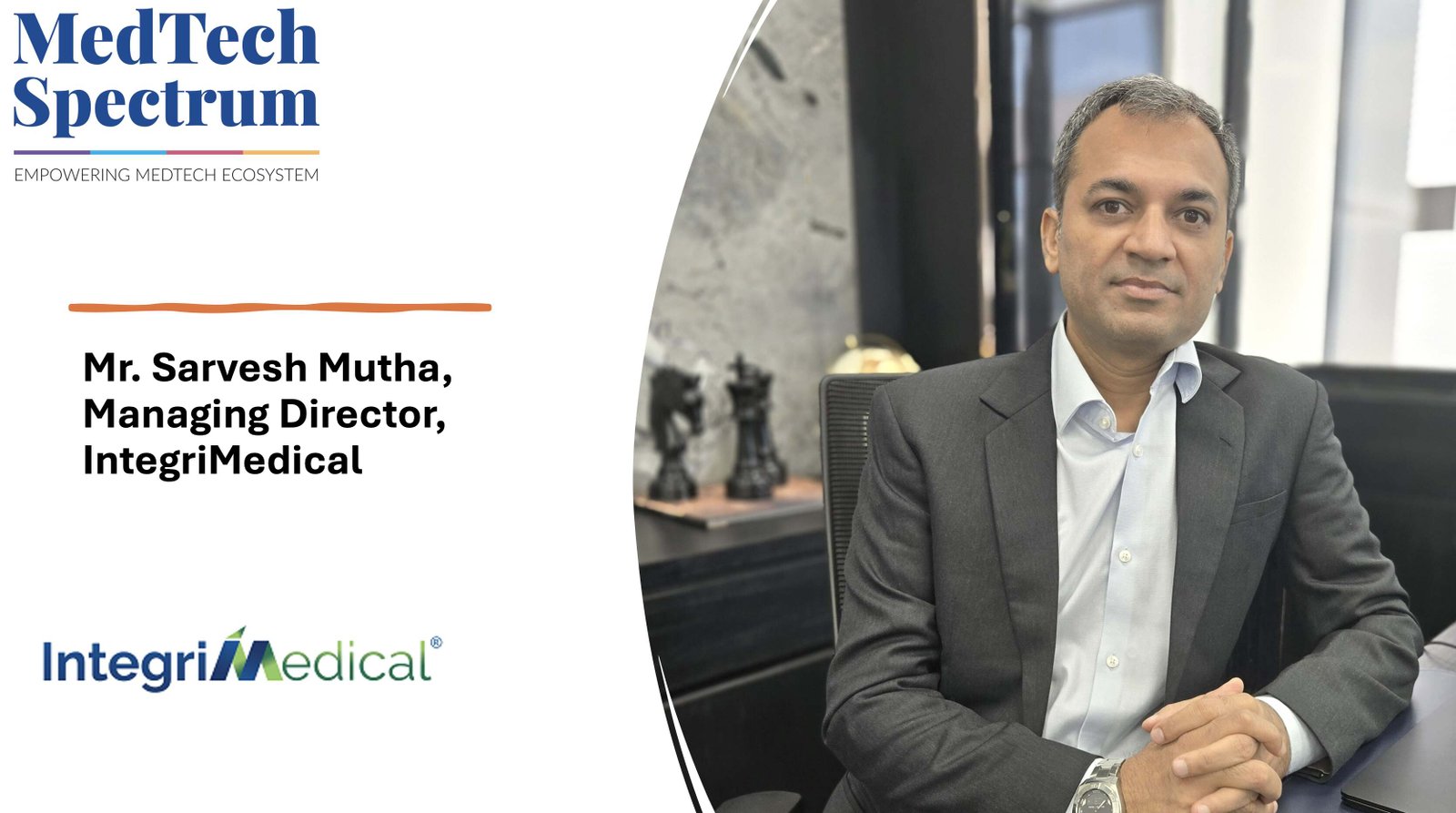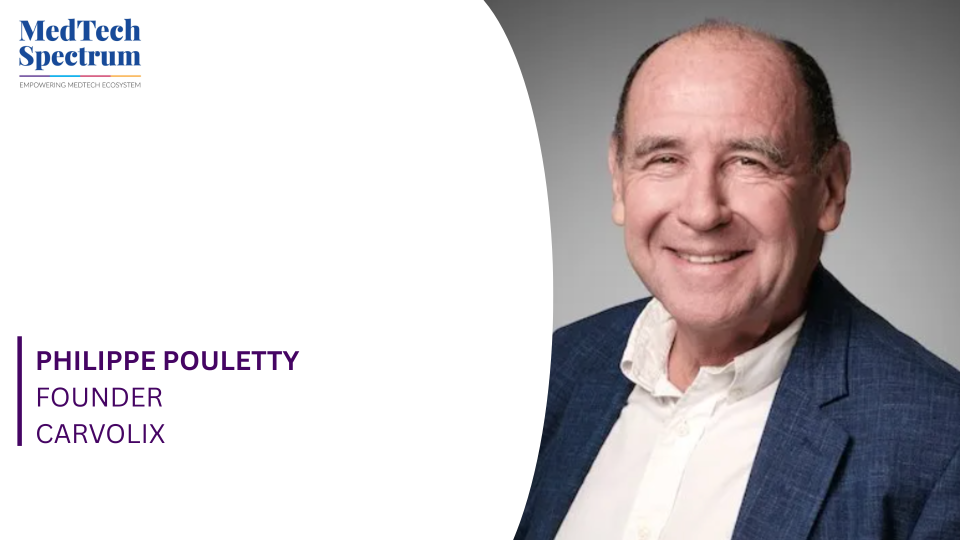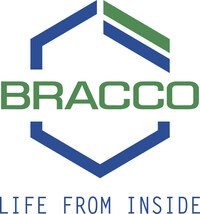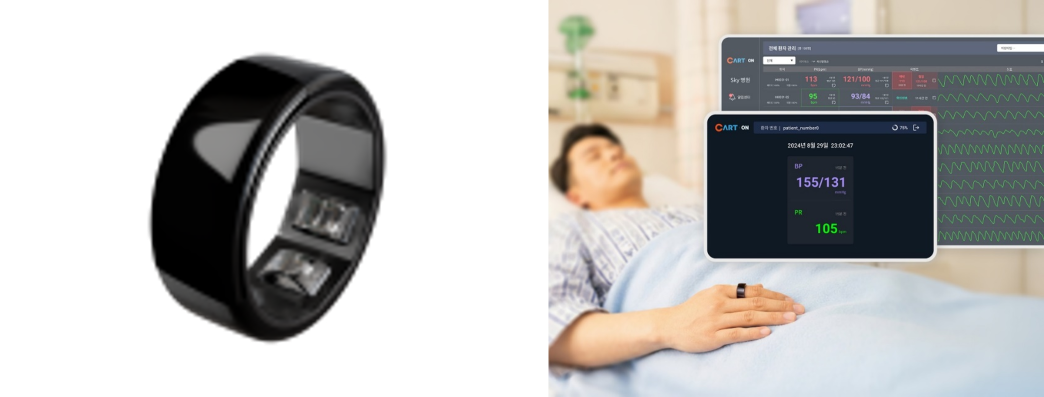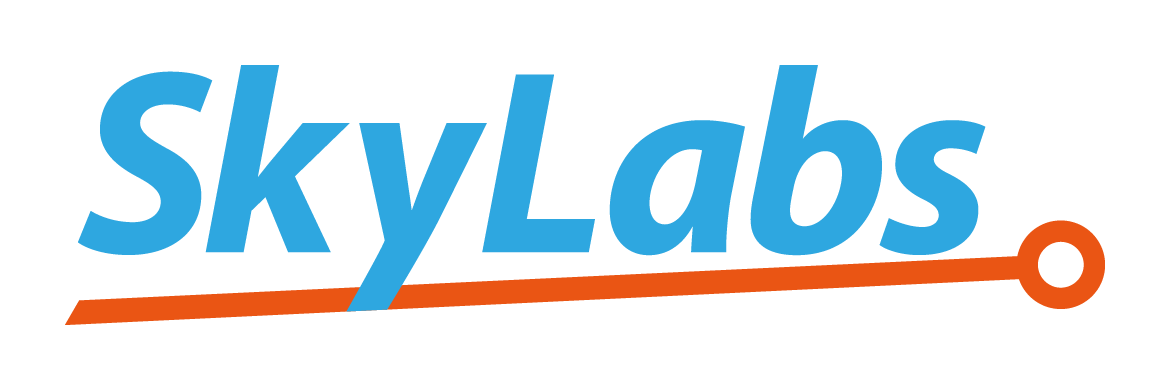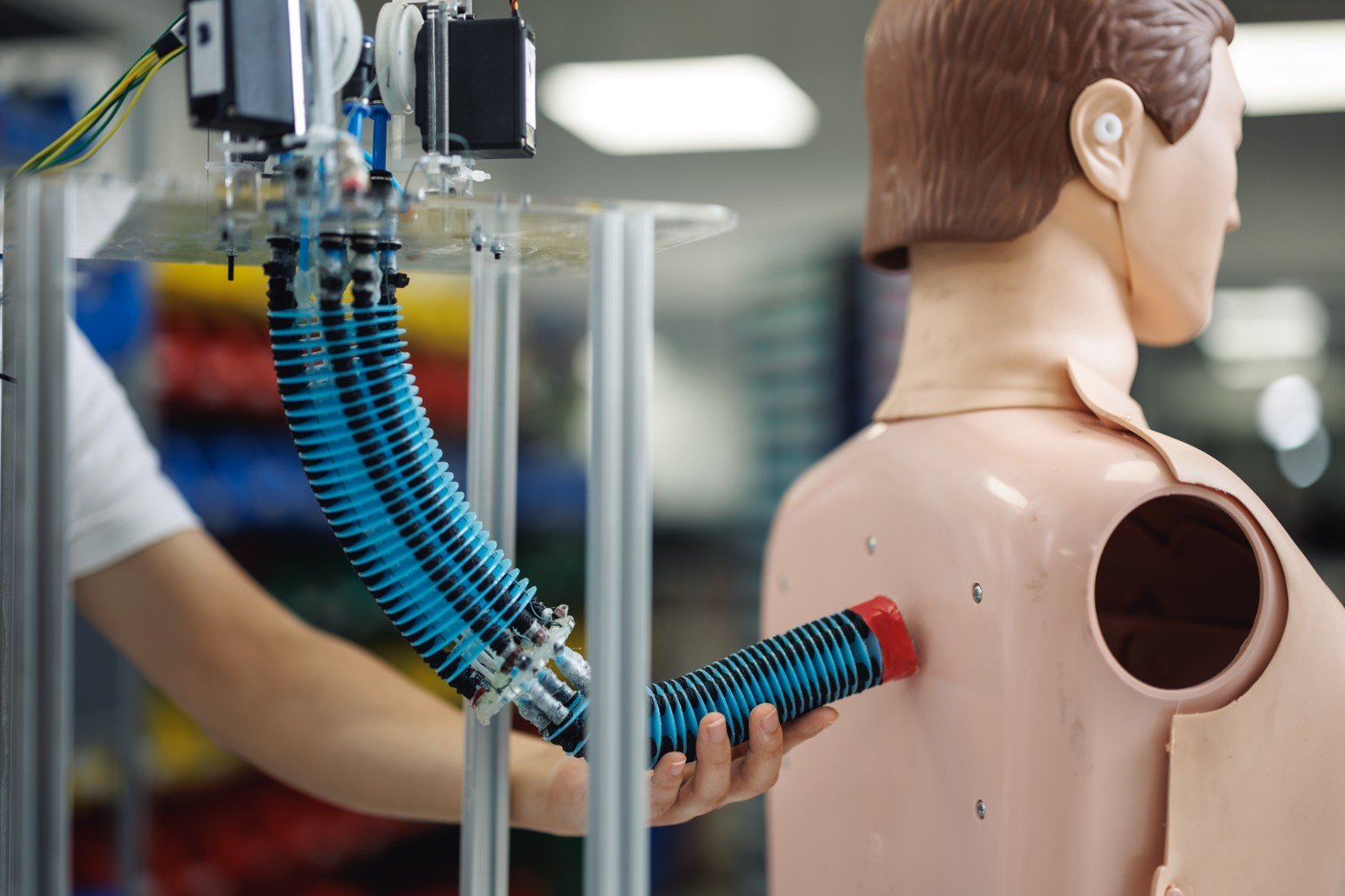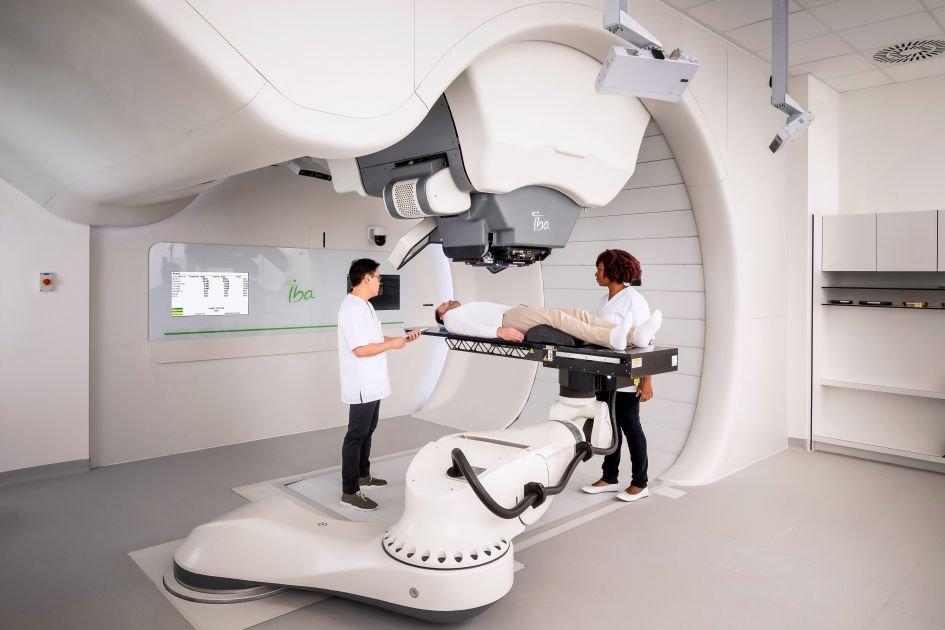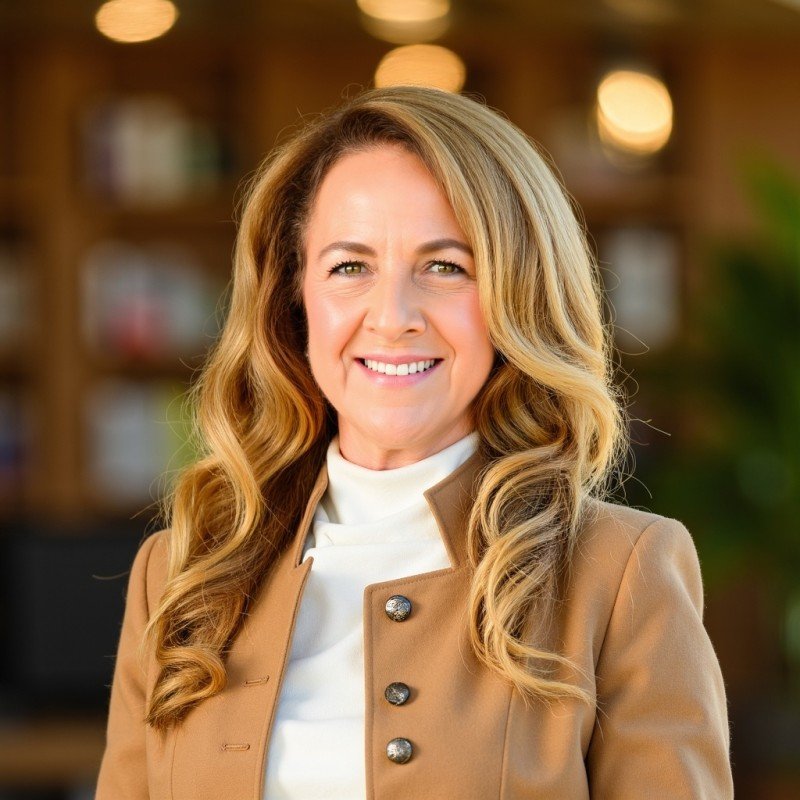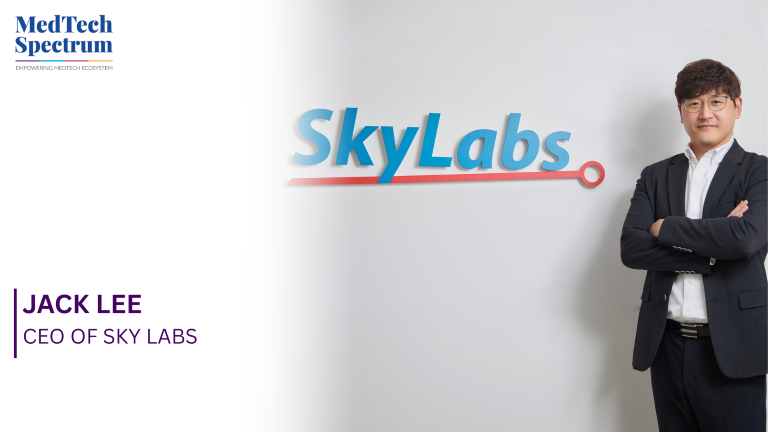MedTech Spectrum spoke with Mr. Sarvesh Mutha, Managing Director of IntegriMedical, in this insightful interview where he shares how their needle-free injection system, N-FIS, is redefining traditional drug delivery. With adoption by over 1,000 doctors across India and consistently positive clinical feedback, N-FIS is enhancing patient comfort and safety across diverse healthcare settings. Backed by a strategic investment from the Serum Institute of India, IntegriMedical is now expanding its reach across paediatrics, gynaecology, and chronic care, marking a significant step forward in patient-friendly medical innovation.
Can you share the overall experience and feedback received so far regarding the use of the Needle Free Injection? Additionally, which clinical sectors or types of healthcare sector have adopted it most extensively to date?
With over 50,000+ successful administrations, N-FIS has garnered widespread recognition both in India and internationally. We are witnessing strong adoption and overwhelmingly positive feedback from hospitals and doctors, particularly in Tier 1 and 2 cities. Currently, N-FIS is being used across 30 to 35 cities in India, with over 1,000 doctors having integrated the technology into their clinical practices.
Although the system is currently widely used in pediatric care, we have begun implementing this innovative technology in the gynecology field. According to clinicians and healthcare experts, N-FIS holds immense potential in enhancing the overall patient experience by offering a safer, gentler, and more patient-friendly alternative to traditional needle-based injections.
What limitations or challenges did you encounter with traditional hypodermic needle use that inspired the development of a more advanced solution like the needle-free injection?
Needle phobia is one of the most overlooked barriers in healthcare, yet it affects up to 50% of children and as many as 30% of adults globally. It contributes to vaccine hesitancy, skipped treatments, and heightened anxiety during clinical visits.
As professionals who’ve spent decades on the frontlines of the healthcare industry, we’ve seen these challenges play out again and again. Beyond patient discomfort, needle-stick injuries pose serious risks to healthcare workers, while the disposal of toxic waste continues to raise environmental and safety concerns. It became clear that the system needed to change. That’s what led us to develop N-FIS, a needle-free injection system designed to be safer, fear-free, and more patient-friendly.
Which specific area of healthcare or surgical specialty did you initially decide to focus on for implementing the Needle-Free Injection, and what factors influenced that decision?
We began our journey in pediatrics, an area where needle-related anxiety is especially acute. For children, the fear and pain associated with injections can create lasting distress, not only for young patients but also for their caregivers and providers. N-FIS was designed to address this challenge head-on, delivering medications through Intramuscular (IM) and Subcutaneous (SC) routes without the use of needles. This makes it ideal for administering all routine childhood vaccines in a way that’s both fear-free and effective.
Encouraged by the results in pediatric care, we’re now entering the next phase: expanding into gynaecology. In this space, too, the need for less invasive, more patient-friendly solutions is clear and growing. Our goal remains the same: to make healthcare more patient-friendly, safe, and accessible with N-FIS.
The Serum Institute of Technology has already shown strong interest by acquiring a 20% stake in your innovative device. Could you share how this partnership came about and what it means for your growth trajectory, both in India and globally?
Our partnership with the Serum Institute of India represents a pivotal moment in our growth. As the world’s largest vaccine manufacturer, Serum’s decision to acquire a 20% equity stake in IntegriMedical is a strong endorsement of our vision and technology.
This collaboration significantly accelerates our ability to scale. By pairing Serum’s global manufacturing and distribution capabilities with our needle-free delivery innovation, we’re positioned to bring N-FIS to millions, making vaccination safer, more accessible, and more patient-friendly across India and beyond.
You’ve indicated the potential application of your innovative device in diabetes management. Given the chronic nature of the disease, is the device designed to be economically viable for consistent, possibly daily use?
Additionally, how do you envision scalability and sustained adoption in this sector, considering both affordability and long-term user compliance?
Currently, N-FIS is not yet calibrated for insulin delivery; however, needle-free injections hold great promise for diabetic care. Given that insulin doses vary from person to person, we see a valuable opportunity to further develop and customize our technology to meet these individual needs shortly.
Could you share details about your previous collaborations within the healthcare sector—specifically, have you partnered with clinical research institutions, hospitals, or other medical organizations to advance or implement your innovative device?" What were their views on using the new device?
Absolutely. IntegriMedical has forged strong collaborations with hospitals and medical organizations both in India and internationally. A standout example is our partnership with Heim Pál National Pediatric Institute in Hungary, one of the region’s largest pediatric hospitals. There, N-FIS has been used to treat over 4,000 hematology-oncology patients. The response from clinicians has been deeply encouraging, with teams reporting a marked reduction in discomfort and anxiety among children, a critical factor in ongoing treatment adherence.
In India, our device has been adopted by over 1,000 doctors across Tier 1 and Tier 2 cities. Leading hospitals such as Cloudnine, KEM Hospital, Apollo Cradle, Hiranandani, Aster, and Motherhood Hospital have integrated N-FIS into pediatric care and other therapeutic applications. Doctors have consistently appreciated the device’s ease of use, safety profile, and the enhanced comfort it provides to patients, especially children and those with needle phobia. These real-world applications and endorsements continue to validate N-FIS’s clinical utility and impact across varied healthcare settings.
Your website mentions 'Used Needle Disposal Eliminate' as a feature of your innovation. Could you elaborate on how this functionality works and explain its potential impact on safety, hygiene, and operational efficiency within the healthcare sector?
One of the most overlooked yet critical challenges in healthcare is the management of hazardous sharps waste. With N-FIS, we’ve eliminated this issue at its root. Because our system is entirely needle-free, it removes the risk of needle-stick injuries, cross-contamination, and the burden of sharps disposal altogether. It also supports sustainability by reducing medical waste, making healthcare delivery cleaner, safer, and more efficient.
This innovation improves efficiency by removing the need for dedicated sharps disposal equipment, reducing toxic medical waste handling costs, and minimizing occupational hazards such as needle-stick injuries, which contribute to over 2 million infections annually among healthcare professionals, including HIV, HCV, and HBV (WHO). This can have a profound impact on resource-constrained settings and immunization campaigns where safe needle disposal infrastructure is often lacking.
Could you specify which segment of the healthcare sector your innovation is primarily targeting, and what strategic or clinical rationale guided your focus on that particular field?
As a healthcare professional, I had the privilege of working closely with various critical challenges in healthcare settings. One of the most heart-wrenching experiences was witnessing children panic at the mere sight of a needle. This became one of the key reasons why IntegriMedical initially focused on pediatric care, striving to make medical procedures gentler, less intimidating, and more accessible for children with needle phobia.
Additionally, the pediatric segment involves frequent injections, making it an ideal area to demonstrate the advantages of the technology in terms of patient compliance, reduced trauma, and clinical efficiency. As we gain traction in pediatric care, we are also expanding into fields such as infertility treatment, gynecology, and chronic disease management, guided by the shared need for minimally invasive, stress-free drug delivery solutions.
Given the rapid pace of technological advancement in healthcare, do you foresee your innovative device maintaining long-term consistency and clinical relevance? Additionally, how is your company preparing to adapt or differentiate in response to emerging competitive solutions within the sector?
At IntegriMedical, long-term clinical relevance is at the core of our innovation strategy. N-FIS is not just a novel product, it is a scalable, adaptable technology built for global application, backed by certifications such as CDSCO, CE, ISO 13485, MDSAP, and a US patent.
To stay ahead of emerging solutions, we are investing in R&D to expand N-FIS across new therapeutic areas, including gynecology, chronic care, and large-scale immunization programs. We're also working on co-packaging partnerships with pharmaceutical companies to improve drug-device compatibility and simplify integration into clinical workflows.
Our strategic collaboration with the Serum Institute of India reinforces this growth vision, accelerating our access to vaccine delivery networks and global health initiatives. In parallel, we continue to enhance the device based on direct feedback from healthcare providers, leveraging our direct-to-doctor model to drive continuous improvement, deepen adoption, and ensure strong differentiation in an evolving, competitive landscape.
Chaitrali Gajendragadkar
chaitrali.gajendragadkar@mmactiv.com
Senior Officer - Media Integrations
MedTech Spectrum
www.medtechspectrum.com
